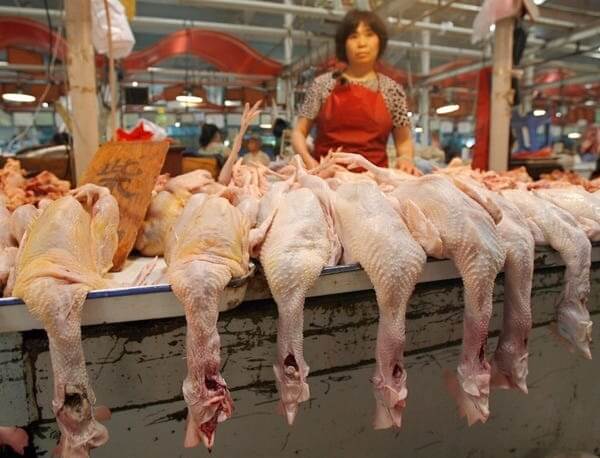The world is hopefully overlooking on the various on-going researches to develop a vaccine against the novel Covid-19 virus. This virus has grabbed millions of lives since now. In this context, the happiest news a person could receive is a vaccine. Meanwhile, Russian vaccine and vaccine from Oxford are only a few months for their release. But WHO, in this stage, said on Monday that there might never be a ‘sliver bullet’ for this virus, despite the run for new vaccines.
The WHO urged governments and citizens to focus on doing the known basics, such as testing, contact tracing, maintaining physical distance and wearing a mask in order to suppress the pandemic, which has upended normal life around the globe and triggered a devastating economic crisis.

“We all hope to have a number of effective vaccines that can help prevent people from infection,” WHO director general Tedros Adhanom Ghebreyesus told a virtual press conference.
“However, there’s no silver bullet at the moment – and there might never be. For now, stopping outbreaks comes down to the basics of public health and disease control. Do it all,” he urged.
To this date, the Covid infection has taken the life of around 6,90,000 people and infected about 18.1 million people over the globe. The outbreak from Wuhan in China in December 2019 is still not probed well. WHO has been pressurizing China to invite their experts to find the animal origin of Covid-19 virus.
The UN health agency sent an epidemiologist and an animal health specialist to Beijing on July 10 to lay the groundwork for a probe aimed at identifying how the virus entered the human species. Their scoping mission is now complete, Dr Tedros said.
“The WHO advance team that travelled to China has now concluded their mission to lay the groundwork for further joint efforts to identify the virus origins,” he said. “WHO and Chinese experts have drafted the terms of reference for the studies and programme of work for an international team, led by WHO. The international team will include leading scientists and researchers from China and around the world”, he said.

“Epidemiological studies will begin in Wuhan to identify the potential source of infection of the early cases. Evidence and hypotheses generated through this work will lay the ground for further, longer-term studies,” he added.
The inquiry team has not been back to the headquarters at Geneva yet for a debriefing. Scientists strongly believe that the virus might have infected from an animal to humans, probably from the Wuhan flesh market in China.
Meanwhile, the government of China had stated early that the virus might have spread from market in the city which sold live animals and exotic ones for flesh.




![The Top & Most Popular Seafood Bucket Restaurants in Dubai for you [Never Miss]](https://uae24x7.com/wp-content/uploads/2020/09/8-seafood-in-a-bucket-scaled-e1600739237403.jpg)
![Procedures for Renewing the Driving License in Abu Dhabi [3 Simple Steps]](https://uae24x7.com/wp-content/uploads/2020/07/Capture-9-e1595666454466.jpg)





